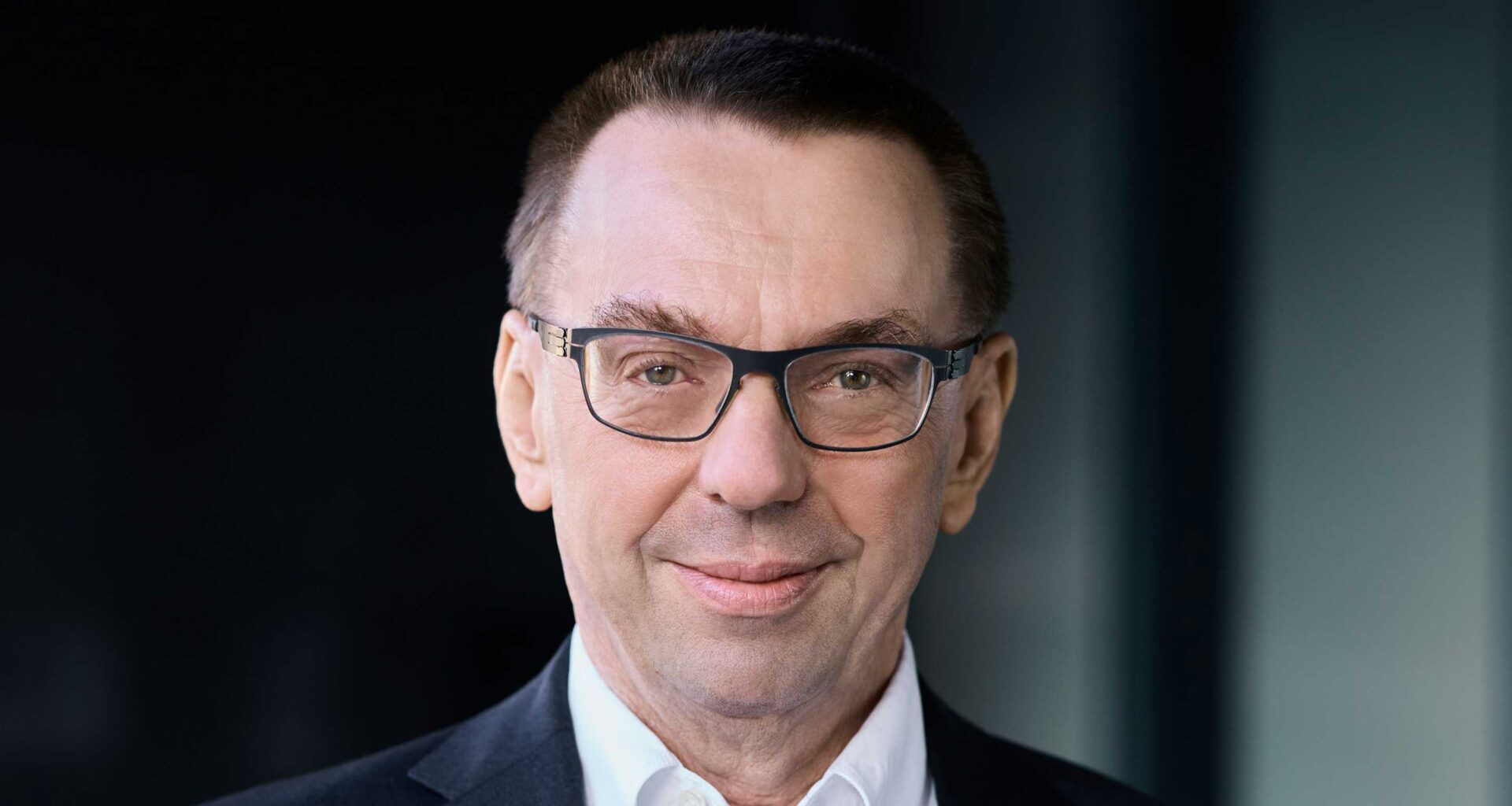You analysed the projects according to their overall benefit to the transport system. If you take that view, it’s not surprising that projects in the Greater Zurich area and around Lake Geneva are prioritised. Did the rural regions slip through the net?
No, not at all. We prioritised what is already in the pipeline, and the planned projects are currently concentrated on the Lake Geneva region, Northwestern Switzerland and Zurich. There are various reasons for this, the main one being the rapid growth of these regions and the associated congestion on all modes of transport. If we’d done the same review 30 years ago, you would have noticed a concentration on the Alpine area with projects planned in Lötschberg, Gotthard and Ceneri.
In other words, investment priorities reflect the strategic priorities of the time?
Exactly. By the way, the breakdown of the investments we prioritised doesn’t differ that much from that of all projects proportionally speaking – so our prioritisation doesn’t result in preferential treatment for individual regions or modes of transport. It’s also important to highlight that the projects we recommend implementing are not only those at the highest priority level. Funds are available for many other projects throughout Switzerland. In some cases, we simply propose scaling a project back or replacing it with more cost-effective alternatives.
Are the specified financial resources even sufficient to expand the Swiss transport system in a rational way?
To me, this is the encouraging finding from our analysis: it shows that by focusing on high-impact projects, we can expand the Swiss transport system in all regions and make it fit for the future. And we can do so with the funds available for the period from 2025 to 2045. The crucial factor will be to dispense with some projects, rescale or postpone others and ensure better coordination between transport systems. Incidentally, the greatest challenges are not only in the financials but also in the practical feasibility of projects within the planned timeframe.
In what respect?
Even if the funds have been allocated, significant staffing capacities are needed to ensure that the projects can actually be implemented successfully. Many experts in this field are set to retire, which I see as a major challenge and a key task for ETH Zurich and other education institutions. Investment is urgently needed in training and supporting the next generation. What’s more, there’s a limit to how much we can interrupt transport operations for construction work.
You’ve also prioritised projects that were rejected by the electorate. Didn’t the will of the people feature in your analysis?
This was stipulated by DETEC, and I think that particularly in view of the fact that the overview is intended to be multi-modal and interregional, it makes sense to cross-reference these projects with future plans. Also, the package that was rejected at the time comprised six projects, and people weren’t given the opportunity to express an opinion on any of them individually. If one of the projects from the rejected package now shows a comparably high level of effectiveness, it’s not unusual in Switzerland to revisit a political debate. If it doesn’t, then all the more reason to leave the project shelved. Our task as independent experts wasn’t to pre-empt this political decision-making process. It’s up to politicians to decide whether and how such projects should be discussed again.
How independent was your work from the authorities and interest groups?
Our situation analysis explicitly built on DETEC’s preliminary work. Besides the task, however, we didn’t receive any kind of instructions regarding expected outcomes or preferences and so we were entirely unswayed in our work. In the development of our analysis, the interest groups were represented in what was known as the sounding board. They were updated on the project status and on our methodology on an ongoing basis, but they had no influence on the outcomes. And there were no attempts by these groups to influence our work in any way. The actual consensus building now has to take place as part of a political process.
